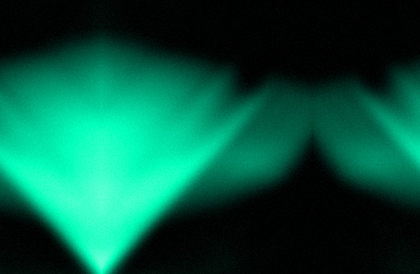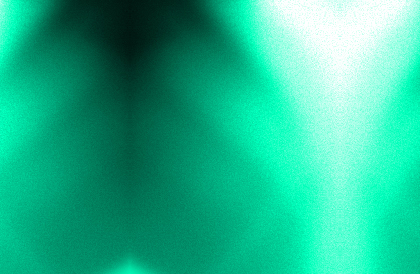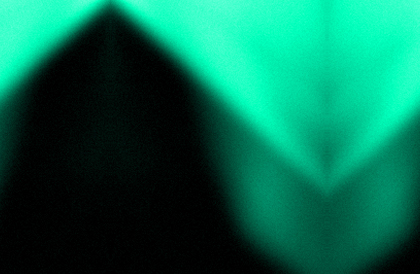Call for Papers
Call for Papers: (Issue 4)
Deadline for Abstracts: April 16th 2012
Submit Abstracts to: editor@interferencejournal.com
Submission Guidelines
Interference: A Journal of Audio Culture has three issues currently in various stages of completion since its establishment in 2010. This includes our inaugural issue, An Ear Alone is not a Being, currently online, A Sonic Geography, available in Spring 2012 and Noise Please, our third issue currently in progress and due for publication in Autumn 2012. At this moment in time we would like to take the opportunity to thank everybody who has helped us so far: contributors, editorial board, advisory panel, referees and academic institutions CTVR, Trinity College Dublin and The Graduate School of Creative Arts and Media (Gradcam) for their ongoing support. The inauguration of an academic journal through an open access model is a collective project built on free labour, and can’t be sustained without the ongoing collaboration and generosity of a broad community.
While still a relatively new discursive platform, Interference would like to take the opportunity in our fourth call for papers to invite submissions for a more open call, stepping momentarily outside the strong thematics that have shaped our previous three publications. At this crucial stage, we, as a community, wish to reflect on the breadth of disciplinary orientations and perspectives that populate audio cultures, a theoretical and practical richness that continues to strike us with each successive call we circulate.
We use this call to encourage contributions that are metacritical of audio cultures, in it’s epistemic, theoretical and methodological orientations, and invite papers that approach sound studies from a multitude of perspectives. This might address the growing currency of sonic methodologies such as soundwalking, deep listening and field recording in qualitative research, or alternatively, explore the application and recombination of frameworks informing diffuse areas such as media theory, sociology, philosophy, anthropology, musicology and performance to the audible as a cultural trope. In every instance we aim to contribute to the development of a disciplinary field that is working to establish a set of common territories, vocabularies and frames of practice.
Interference balances its content between academic and practice based research and therefore accepts proposals for both academic papers and accounts of practice based research.
Deadline for Abstracts: April 16th 2012
Submit Abstracts to: editor@interferencejournal.com
Submission Guidelines: http://www.interferencejournal.com/submission-guidelines


